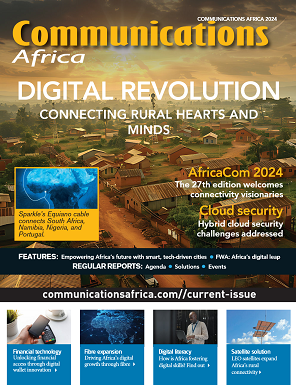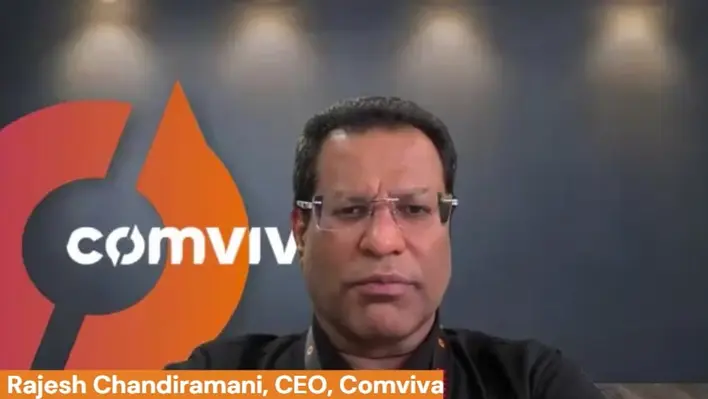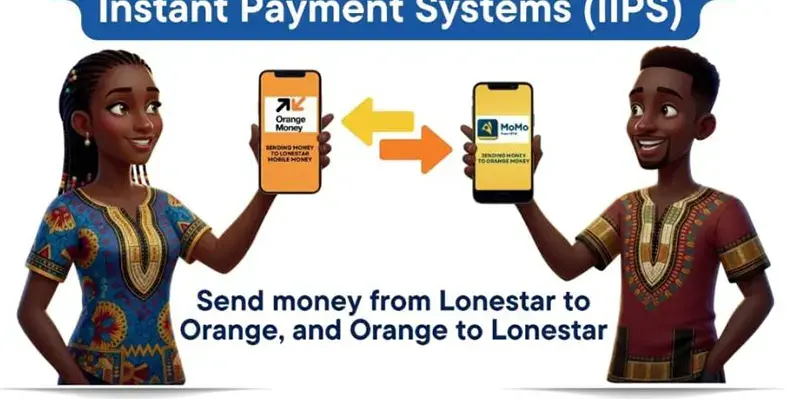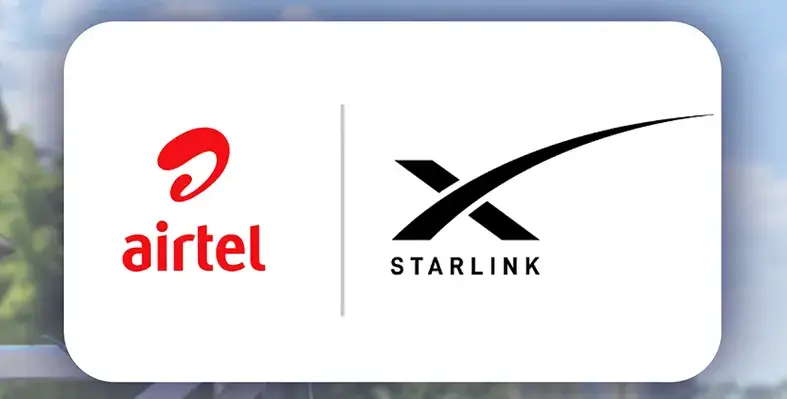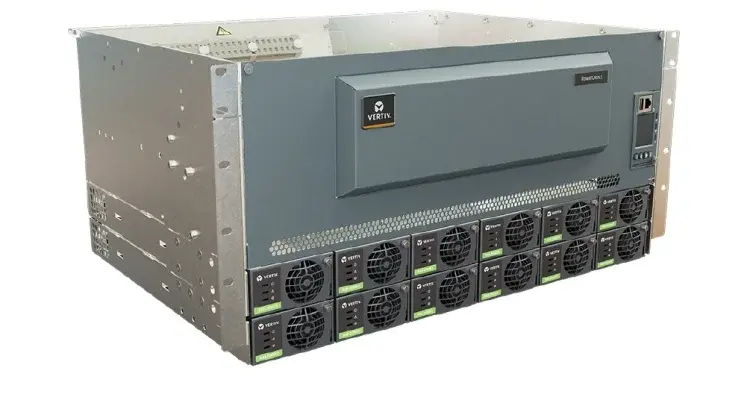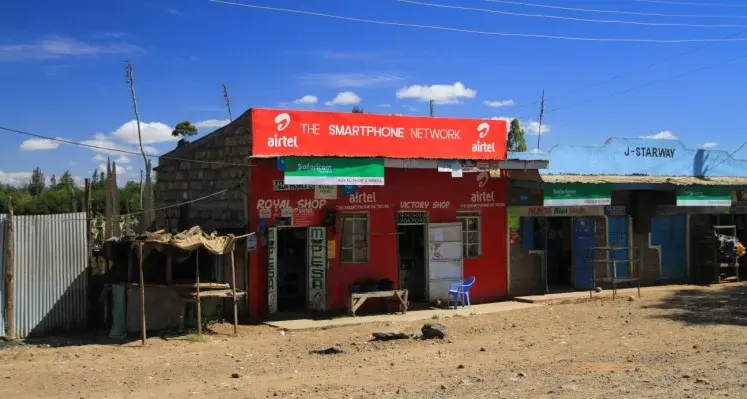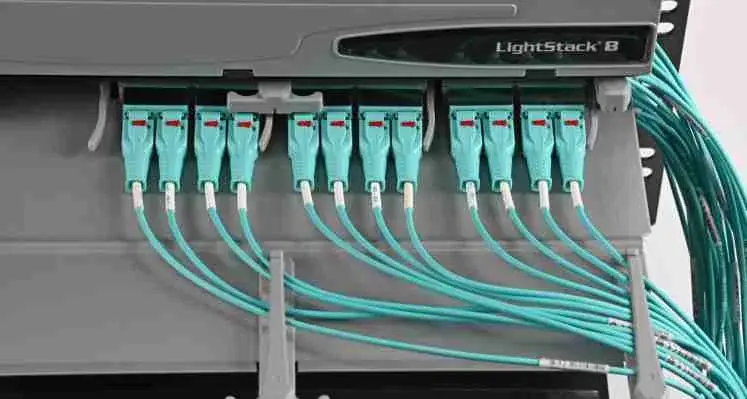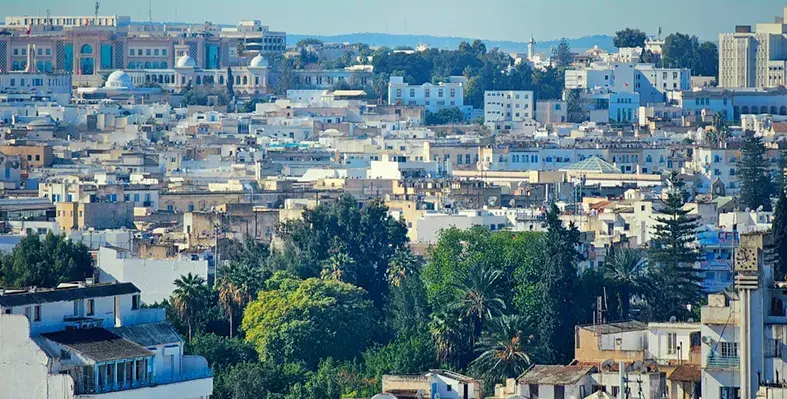Arrel has introduced a new suite of DAPL (Digital Asset Platform) APIs aimed at remittance operators, offering a modular approach to building and scaling cross-border payment infrastructure
The APIs enable operators to activate individual infrastructure modules, deploy them as needed, and scale capacity in line with transaction volumes rather than committing to fixed, bundled platforms.
The offering is targeted at regulated or regulation-ready remittance startups, as well as established operators looking to open new corridors, improve existing flows, or modernise cross-border payment systems without locking into inflexible, enterprise-style infrastructure solutions.
Remittance services typically depend on a mix of liquidity access, compliance frameworks, treasury management, and settlement mechanisms. As transaction volumes grow and new corridors are added, each of these elements introduces additional operational complexity and cost. DAPL has been designed to support operators that require multiple infrastructure components operating across currencies, jurisdictions, and volumes.
Within DAPL, remittance infrastructure is broken down into core building blocks that are generally required from the outset of any remittance operation. These include multi-currency liquidity access, connectivity to exchanges and liquidity providers, transaction monitoring and compliance tools, treasury controls, settlement logic, and local payout rails for each corridor. The platform also includes a routing layer capable of executing across multiple liquidity venues through a single integration, without the need for an internal order management system. In addition, remittance operations often rely on pre-funded accounts across currencies and corridors, which ties up working capital and increases exposure to FX and liquidity risk as activity expands.
Traditionally, these components are sourced from multiple providers, each with its own commercial terms, technical integrations, regulatory reviews, and operational processes. In many cases, they are delivered as bundled platforms with fixed pricing, minimum volume thresholds, and long-term contracts that apply regardless of actual transaction activity. Maintaining pre-funded balances across markets further compounds capital allocation challenges.
DAPL addresses this by acting as a digital asset orchestration layer that separates infrastructure components and makes them available through standardised APIs. Arrel, which was established in Mauritius, developed the platform to give remittance operators an alternative to single-stack, bundled infrastructure models.
The APIs are grouped into four main functional areas.
The first focuses on liquidity and currency access. These APIs provide programmatic access to liquidity across multiple exchanges and providers through a single integration. Operators can access settlement currencies including USD, EUR, ZAR, XAF and XOF, along with corridor-specific currencies where available. Stablecoins are supported as a settlement option, supported by reconciliation and reporting tools.
Liquidity and venue integrations include Binance, Bitfinex, Bitstamp, CEX.IO, LMAX, Deribit, Gate.io, HTX, Indodax, Kraken, KuCoin, Luno, OKX, Poloniex, VALR and Xago. Settlement is supported on blockchains such as Arbitrum One, BNB Chain, Ethereum, Optimism, Polygon, Bitcoin, Stellar and Tron. Custody options include Fireblocks and native MPC wallets, while compliance tooling is integrated through Chainalysis for KYT and Sumsub for KYC and KYB.
The second functional area covers compliance and transaction monitoring. These APIs embed compliance checks directly into remittance flows, exposing KYT, AML, and KYC or KYB processes. Screening results, risk signals, and audit records are available programmatically, and compliance rules can be applied at the transaction level across supported corridors.
The third area addresses treasury and settlement orchestration. These APIs allow operators to configure treasury wallets, approval workflows, and settlement rules across connected venues. Capabilities include real-time balance visibility, automated fund movements, FX exposure monitoring, and policy-driven approvals, all managed through a central orchestration layer.
The fourth functional area focuses on local rails and corridor execution. Through integrations with regulated local partners such as Xago, the APIs enable payouts and settlement into domestic banking and payment systems without requiring operators to establish bilateral banking relationships in every corridor. Additional payout integrations can be added while maintaining a consistent orchestration, monitoring, and audit framework.
Looking ahead, Arrel plans to expand the platform to include integrations with telecom operators and mobile money aggregators. This would allow remittance workflows to connect with mobile-based payment systems, particularly in peri-urban and remote regions where traditional banking access is limited.
Alongside individual APIs, Arrel also offers modular infrastructure bundles built on these functional areas. Operators can deploy a Core Remittance Bundle covering liquidity routing, compliance monitoring, and treasury orchestration, and then add Corridor Bundles linked to specific payout rails and local requirements. These bundles are designed for usage-based deployment rather than fixed platform commitments.
Under this approach, expanding into new corridors is handled incrementally. Each new corridor typically requires adding a payout integration and applying local rules, while the underlying liquidity, compliance, and treasury infrastructure remains unchanged.
Arrel is a member of the Circle Alliance, signalling alignment with institutional stablecoin infrastructure standards. Working with regulated partners such as Xago, the APIs are intended to operate within established financial and supervisory frameworks.
By offering modular APIs and configurable infrastructure bundles, Arrel presents an alternative model for deploying cross-border remittance infrastructure. Operators can align infrastructure usage and capital allocation with actual transaction activity, supporting corridor-by-corridor expansion while maintaining a consistent orchestration and monitoring layer. This approach is particularly relevant in African markets, where remittance corridors and payout mechanisms differ widely across countries and regions.











